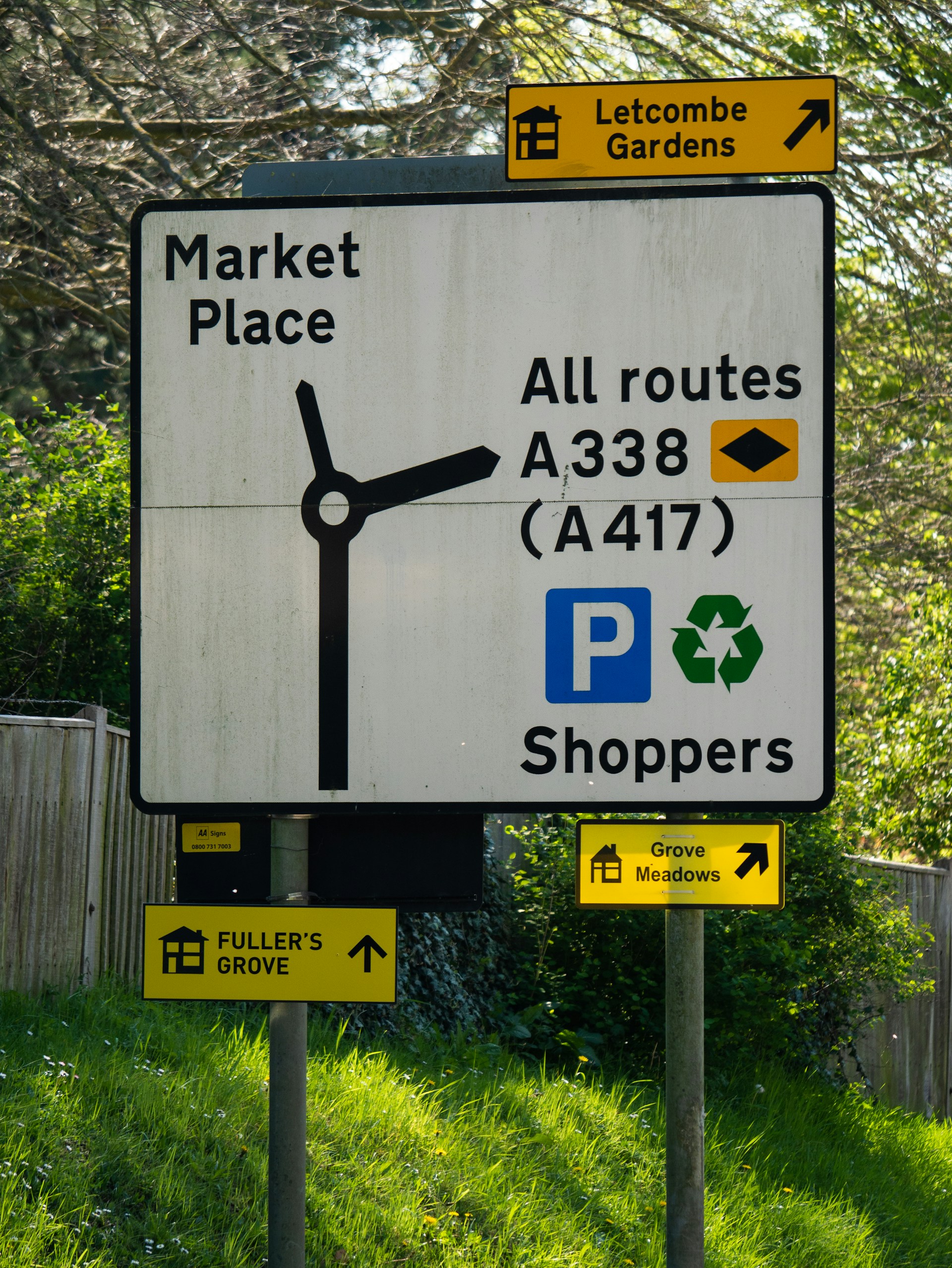Are you considering investing in a vending business? Purchasing an existing vending route for sale can be a smart way to enter the industry with an established income stream. This guide covers everything you need to know—from benefits and evaluation tips to purchasing steps and industry trends.
Understanding Vending Routes
A vending route is a collection of vending machines placed in multiple locations, such as offices, schools, gyms, or hospitals. These machines are regularly serviced by the owner or an operator, who restocks products, collects cash or digital payments, and performs basic maintenance.
Each route is structured around a schedule—machines are visited based on how often they need to be restocked, which depends on product demand and traffic at each location. A typical route may include snack machines, drink machines, or specialty vending units.
Why are vending routes bought and sold?
Owners sell routes for many reasons: retirement, switching careers, business consolidation, or profit flipping. For those considering starting a vending business from scratch, purchasing an existing route offers significant advantages.
Benefits of Buying a Vending Route
Purchasing an established vending route offers several compelling advantages over building a vending business from scratch.
1. Immediate Cash Flow
The most significant benefit is instant revenue generation. While new vending businesses might take months to establish profitable locations, purchased routes typically generate income from day one. You're buying proven locations with established customer patterns and consistent sales histories.
2. Reduced Startup Time
Finding quality vending locations is often the biggest challenge for new operators. It can take months to identify prospects, negotiate agreements, and build trust with location managers. Established routes eliminate this lengthy process entirely.
3. Lower Risk Investment
Historical sales data from existing routes provides concrete evidence of earning potential. This transparency reduces investment uncertainty compared to starting fresh locations where performance remains unknown.
4. Established Relationships
Route purchases include existing relationships with location contacts, suppliers, and service providers. These connections prove invaluable for maintaining smooth operations and resolving issues quickly.
5. Operational Knowledge
Sellers often provide training and insights about route-specific challenges, customer preferences, and operational best practices. This knowledge transfer significantly reduces your learning curve.
6. Passive Income Potential
Well-established routes with reliable locations can generate steady income with minimal daily involvement. Many route owners successfully manage operations with just a few hours per week of restocking and maintenance.
How to Evaluate Vending Routes for Sale
Proper evaluation separates profitable investments from potential disasters. Here's what to examine when assessing vending routes for sale.
1. Financial Review
Analyze 12+ months of sales, profit, and expense data. Target routes with 30-50% margins after all costs. Watch for unexplained declines. Understanding typical vending machine profit margins will help you assess whether a route's financials are competitive.
2. Location Assessment
Visit sites at peak/off hours. Prioritize locations with 100+ daily visitors, good visibility, and supportive management. Offices and schools perform best.
3. Machine Condition and Age
Inspect all vending machines for operational condition, cosmetic appearance, and remaining useful life. Older machines may require significant maintenance or replacement costs that impact profitability. Factor these potential expenses into your purchase decision. Regular vending machine maintenance is crucial for preventing costly breakdowns and maintaining revenue.
4. Contract Review
Examine all location agreements carefully. Look for contract duration, commission rates, exclusivity clauses, and termination conditions. Avoid routes with numerous short-term agreements or locations threatening contract changes.
5. Territory Rights
Understand any territorial restrictions or expansion opportunities included with the purchase. Some routes include exclusive rights to specific geographic areas, while others may limit your ability to add nearby locations.
6. Due Diligence Verification
Verify claimed sales figures by reviewing bank deposits, tax returns, and product purchase records. Honest sellers will provide documentation supporting their financial claims.
Steps to Successfully Purchase a Vending Route
Following a systematic approach increases your chances of finding and acquiring profitable vending routes.
1. Define Your Investment Parameters
Determine your available capital, desired return on investment, and preferred geographic area. Establish clear criteria for route size, machine types, and target markets before beginning your search.
2. Find Available Routes
Search business-for-sale websites, contact vending industry brokers, and network with local vending operators. Sometimes the best opportunities come from word-of-mouth recommendations within vending industry circles.
3. Initial Screening
Review basic route information including asking price, number of locations, gross revenues, and geographic coverage. Eliminate routes that don't meet your fundamental requirements before investing time in detailed analysis.
4. Conduct Thorough Due Diligence
Once you identify promising opportunities, perform comprehensive evaluations using the criteria discussed earlier. This phase typically takes 2-4 weeks depending on route complexity.
5. Negotiate Purchase Terms
Use your evaluation findings to negotiate fair pricing and terms. Consider factors like machine condition, contract stability, and any required immediate investments when determining your offer.
6. Arrange Financing
Secure funding through traditional business loans, SBA programs, or seller financing arrangements. Many route sellers offer financing terms to qualified buyers, which can simplify the purchase process.
7. Complete Legal Requirements
Have an attorney review all purchase agreements and location contracts. Ensure proper business licenses, insurance coverage, and any required permits are transferred or obtained.
8. Plan Transition Process
Coordinate with the seller to introduce you to location contacts and provide operational training. Smooth transitions maintain positive relationships and minimize service disruptions.
Common Challenges and How to Overcome Them
Even well-researched route purchases can present unexpected challenges. Understanding potential issues helps you prepare effective solutions.
Location Loss
Occasionally, locations may terminate agreements after ownership changes. Protect yourself by reviewing contract terms carefully and building positive relationships with location managers from day one. Consider negotiating location replacement guarantees with sellers when possible.
Route Maintenance Demands
Some buyers underestimate the time required for restocking, maintenance, and customer service. Create efficient route schedules and consider hiring help if routes exceed your available time capacity.
Cash Flow Management
Vending businesses involve significant upfront inventory investments and irregular cash flows. Maintain adequate working capital reserves and track cash flow patterns to avoid operational disruptions.
Competition Pressure
New competitors may target your profitable locations. Maintain competitive pricing, provide excellent service, and consider exclusive agreements where possible to protect your market position.
Equipment Reliability Issues
Aging machines can create ongoing maintenance headaches and customer complaints. Budget for regular maintenance and eventual machine replacements to maintain service quality.
The key to managing these challenges lies in preparation and realistic expectations. Most issues have solutions if you approach them proactively rather than reactively.
Future Trends in the Vending Industry
Understanding industry trends helps evaluate long-term route viability and growth potential.
Technology Integration
Modern vending machines increasingly feature cashless payment systems, remote monitoring capabilities, and inventory management software. Routes with updated technology typically command higher values and operate more efficiently.
Healthy Product Demand
Consumer preferences continue shifting toward healthier snack and beverage options. Routes positioned to accommodate these trends may experience stronger growth than traditional candy and soda-focused operations.
Micro-Market Growth
Some locations are transitioning from traditional vending to micro-market formats featuring open shelving and self-checkout systems. This trend may impact certain route locations over time.
Sustainability Focus
Environmental consciousness is driving demand for eco-friendly packaging and locally-sourced products. Routes that can adapt to these preferences may gain competitive advantages.
Data-Driven Operations
Advanced analytics and customer behavior tracking are becoming standard tools for optimizing product selection and pricing strategies. Routes incorporating these technologies often achieve higher profitability.
Staying informed about industry developments positions you to make strategic decisions that enhance route performance and value over time.
FAQs
1. What are vending routes and why are they sold?
Vending routes are pre-placed vending machines in multiple locations. They're sold when owners retire, change careers, downsize, or seek quick capital.
2. What should I consider before buying a vending route?
Check location quality, machine condition, revenue records, contracts, and product demand. Always verify earnings and ensure agreements are transferable.
3. How do I find profitable vending routes for sale?
Use platforms like BizBuySell, Craigslist, and Vending.com. Network with local vendors or join vending forums for leads.
4. What are the key benefits of investing in vending routes?
You get instant cash flow, passive income, flexible hours, low overhead, and the ability to scale as your business grows.
5. How much does a typical vending route cost?
Costs range from $2,000 to $50,000+, depending on machine count, locations, and revenue potential.
6. What are the potential risks of purchasing vending routes?
Risks include poor locations, unreliable machines, low sales, or expiring contracts. Do thorough research before buying.
7. How can I maximize profitability from a vending route?
Stock best-sellers, accept mobile payments, track inventory, negotiate supplier prices, and relocate low-performing machines.
Conclusion
Investing in a vending route is more than just buying machines—it's stepping into a business with built-in customers, steady cash flow, and the flexibility to grow at your own pace. Whether you're looking for a side hustle or a scalable full-time venture, vending routes for sale offer a unique opportunity to generate passive income with relatively low risk.










